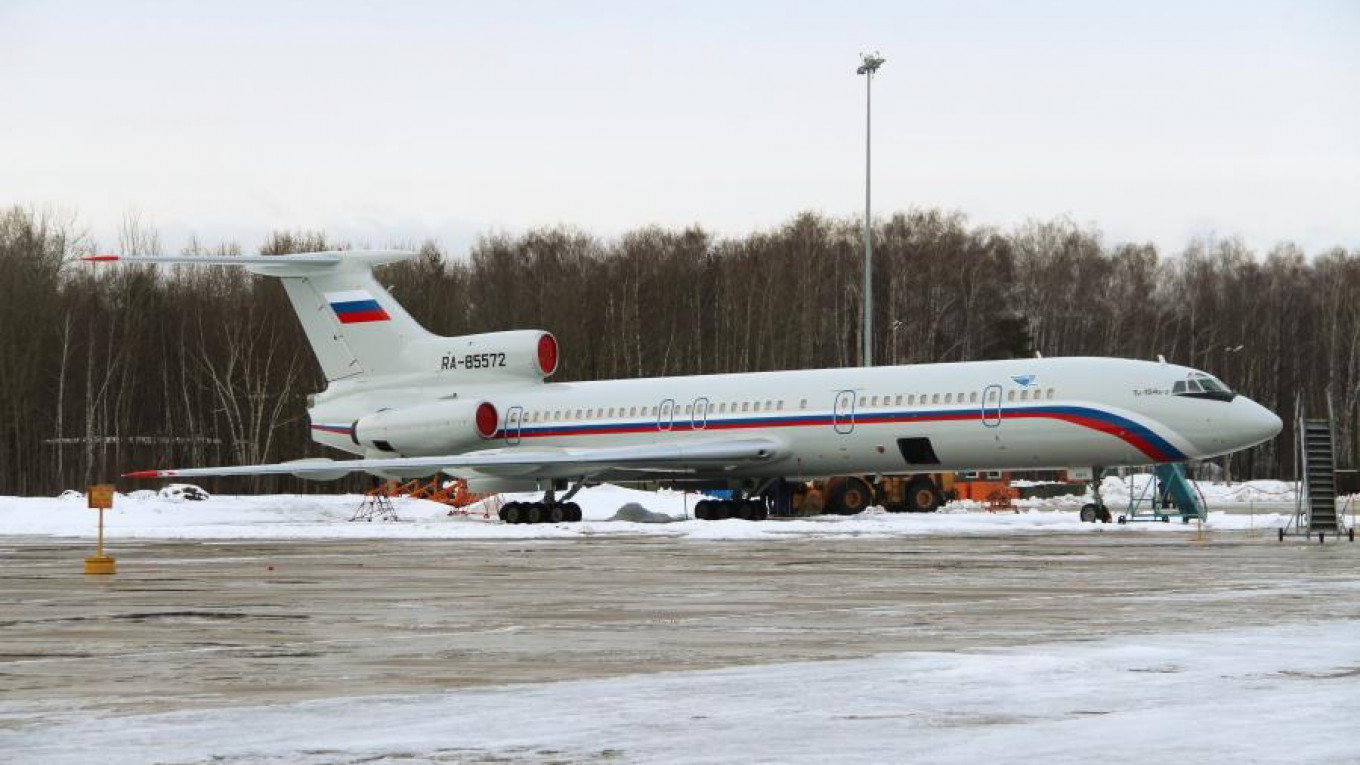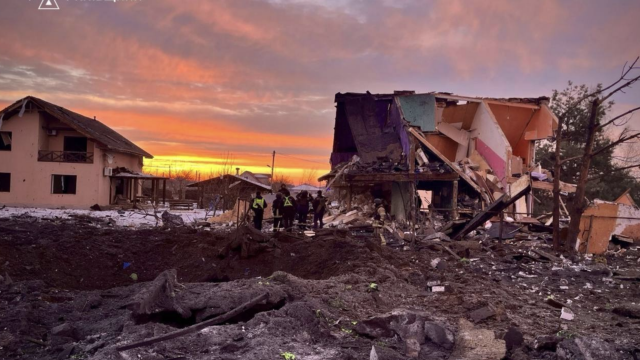The crash of a Defense Ministry Tu-154 passenger aircraft into the Black Sea on Sunday has shocked Russians across the country.
The plane was ferrying military personnel, journalists, and musicians due to perform a New Year's concert for Russian troops to Syria. All 92 passengers – including 64 members of the iconic Alexandrov Ensemble and the prominent humanitarian Elizaveta Glinka – are presumed dead.
Now, a massive rescue mission and investigation is under way. The plane's flight recorders have not yet been discovered. However, as more details emerge, investigators have largely ruled out one of the most frightening explanations: a terrorist attack.
This leaves two other possible scenarios that have emerged since Sunday.
“We’re proceeding from the assumption that it was either a technical failure or a pilot error,” Transport Minister Maxim Sokolov told journalists on Monday.
Plane Malfunction
Russia's Armed Forces quickly dismissed the aircraft malfunction theory. “The plane was technically fine. It underwent maintenance in September 2016,” Sergei Baimetov, head of the Armed Forces’ flight security service, told the state-run Rossiya 24 TV channel.
However, the Kommersant newspaper leaves the possibility of a technical failure open. An incorrect maneuver could cause the plane to go off its trajectory, sending it into a flat spin, experts told the newspaper. This could, in turn, cause the plane's stabilizer to jam and lead to a crash.
Tu-154 planes are no longer used in civil aviation, said Alexander Neradko, head of the Federal Air Transportation Agency (Rosaviatsia). “Only the Defense Ministry has these planes now, and they will have to decide whether to continue using them or not,” he said.
Experts have almost entirely ruled out another theory – that a bird was sucked into the plane's engine – after receiving confirmation that the aircraft gained an altitude too high for birds.
Pilot Error
Baimetov from the Armed Forces’ flight security service maintained that crew chief Roman Volkov was an experienced pilot, and his crew had flown to Syria on multiple occasions. Navigator Alexander Petukhov also had a brilliant reputation among military flight operators. He had been awarded a national Order of Courage for landing a similar Tu-154 plane in unstable conditions in 2011. The crew was “one of the most experienced on this military air base,” the pro-Kremlin Izvestia newspaper reported.
However, pilot error has not been ruled out. If the aircraft's angle of attack was too high, it could have caused the plane to stall and led to a spinning dive, the Kommersant newspaper reported.
Terrorist Attack
Government officials who went on the record have repeatedly dismissed the possibility of the terrorist attack. “As far as we know, the main versions do not include a terrorist attack,” said Minister Sokolov.
“[It is] a Defense Ministry plane, [it is] in Russian aerospace, so this version is impossible,” said Victor Ozerov, head of the Federation Council’s Defense Committee.
Unofficially, sources within Russian law enforcement also think the terror attack scenario is unlikely. The plane's refueling stop at Sochi-Adler airport was unplanned, so it would be virtually impossible for terrorists to organize an attack there in advance, a source told the TASS news agency. In Sochi, the plane was placed under guard, and border patrol and customs service representatives boarded the aircraft. Only the navigator left the plane to control the refueling.
According to Kommersant’s high level source within the special forces, every military aircraft attracts attention from NATO and its allies' surveillance systems. As a result, a terrorist attack on a military plane would have been recorded and made public even if Russia’s authorities prefered to keep it secret.
The source also said that the nature of the plane’s collision with the water – resembling a clean dive underwater – also suggested that a terror attack was not involved in the crash.
A Message from The Moscow Times:
Dear readers,
We are facing unprecedented challenges. Russia's Prosecutor General's Office has designated The Moscow Times as an "undesirable" organization, criminalizing our work and putting our staff at risk of prosecution. This follows our earlier unjust labeling as a "foreign agent."
These actions are direct attempts to silence independent journalism in Russia. The authorities claim our work "discredits the decisions of the Russian leadership." We see things differently: we strive to provide accurate, unbiased reporting on Russia.
We, the journalists of The Moscow Times, refuse to be silenced. But to continue our work, we need your help.
Your support, no matter how small, makes a world of difference. If you can, please support us monthly starting from just $2. It's quick to set up, and every contribution makes a significant impact.
By supporting The Moscow Times, you're defending open, independent journalism in the face of repression. Thank you for standing with us.
Remind me later.






